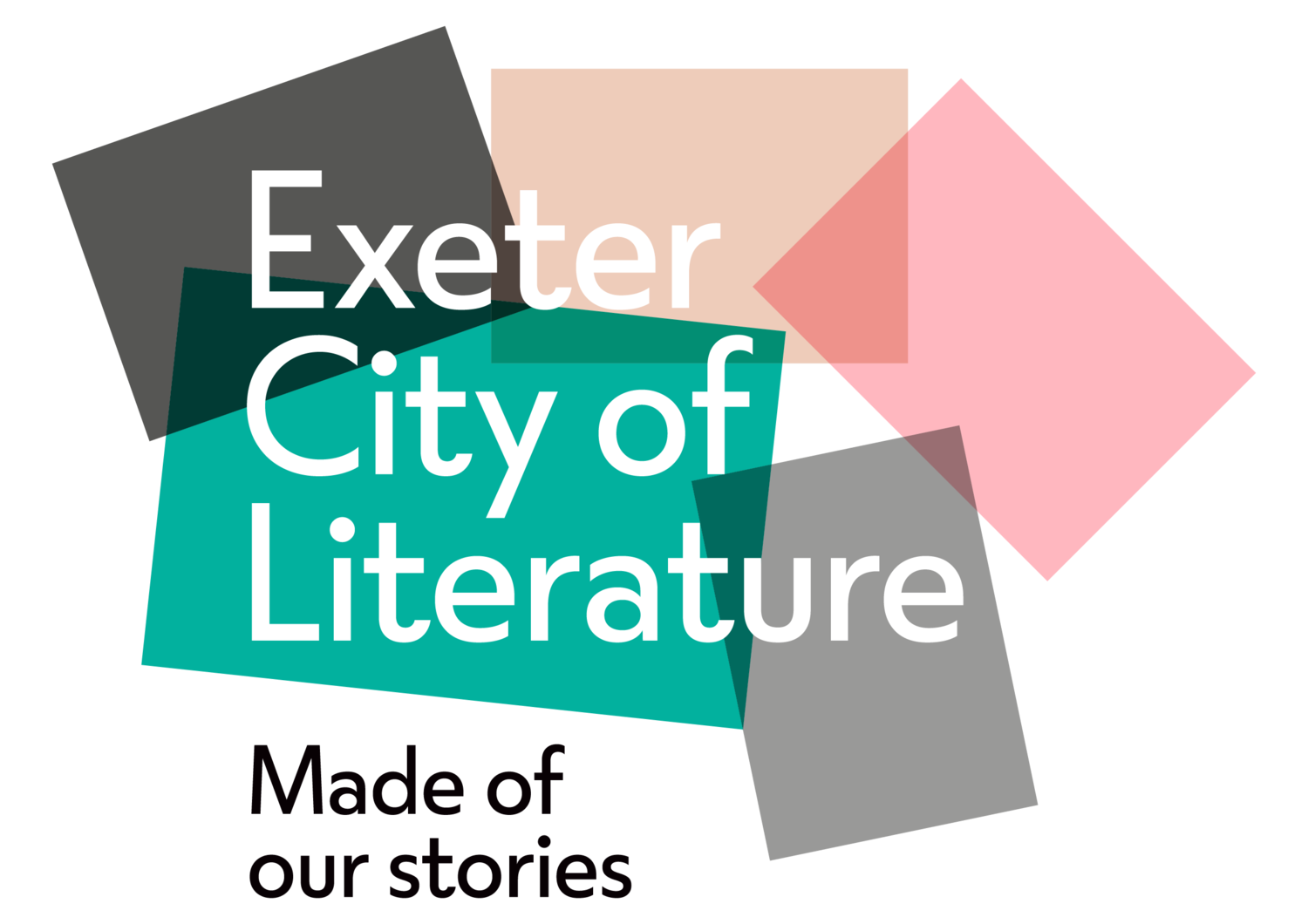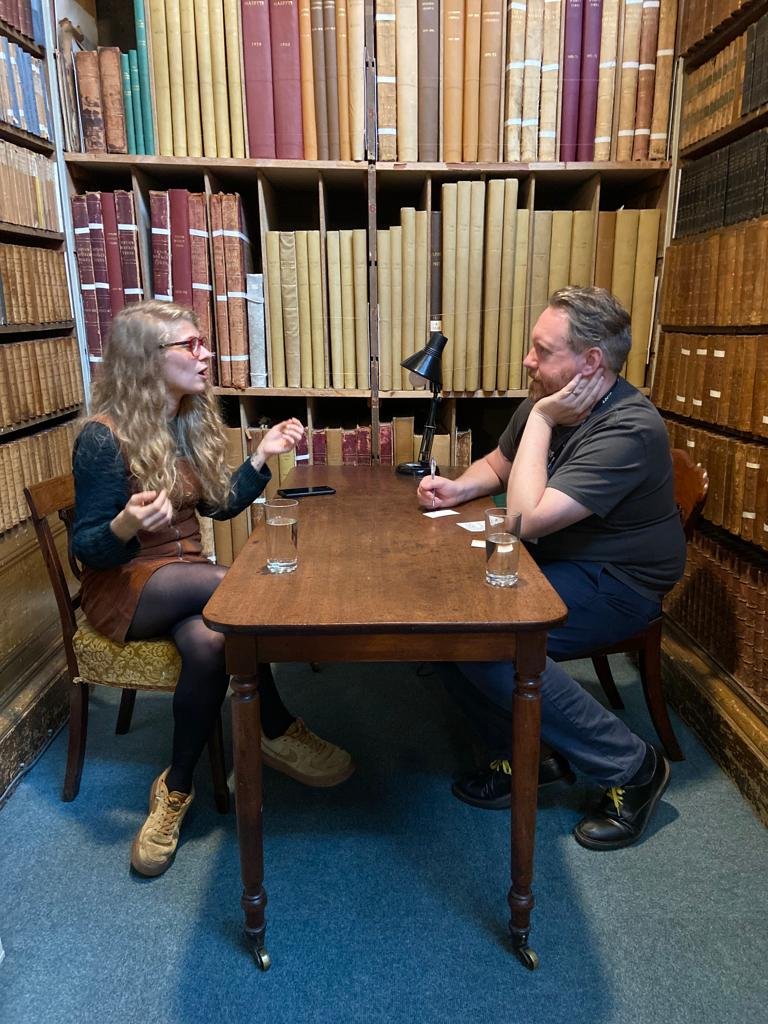Introduction to
Biblio-Counselling Skills
Bibliotherapy is a therapeutic approach that uses literature to help clients better understand and cope with the world around them.
We have run the first of its kind course in the country yearly since 2021 to up-skill professionals who can embed bibliotherapy and counselling skills into their work.
Course Background
Building on the success of the Bibliotherapy in the Community programme, in the autumn of 2021 Exeter City of Literature began working with Exeter College to develop a first of its kind course in the country — the Introduction to Bibliotherapy Skills adult learning course.
A development group made up of esteemed bibliotherapist Susan Elderkin, teachers, a psychotherapist, City of Literature’s Executive Director, and book-industry professionals worked together to build the course.
As of July 2025, the course is now recognised and quality assured by the NCPS. Introduction to Biblio-Counselling Skills is an ambitious course run by Exeter UNESCO City of Literature that offers unique skills to counsellors, those who work in community-focused organisations, and those interested in using literature as a way to deepen their wellbeing offer to clients.
How The Course Works
Trainees will develop bibliotherapy and counselling skills that may support them in their existing job roles.
The knowledge, skills, and behaviours trainees will develop include: basic counselling skills such as active listening; identifying reading habits and the emotional benefits of analysing one’s reading journey; development of a database of books to draw on; and knowledge of the science and research that backs up bibliotherapy as a tool that can improve mental health and wellbeing.
Course attendees will experience the practical use of bibliotherapy skills both in the role of the listener and the participant. Diversity & inclusion is a key part of the teaching across the course, with the expectation that trainees will expand their reading, go outside of their comfort zones, and read from a wide range of perspectives and issues.
This course will be co-taught by two teachers, a trained counsellor and an English literature specialist, to ensure that trainees have the support they need.
Please note: This course does not result in qualification as a counsellor or bibliotherapist.
Bibliotherapy in the Community
Our Bibliotherapy in the Community programme brings conversations about reading and well-being to people across Exeter and Devon.
Our trainee bibliotherapists host one-to-one conversations, utilising counselling skills and book recommendations to support well-being and mental health.
Further reading on Bibliotherapy
Creative bibliotherapy is the use of fiction to improve wellbeing. Does it work to improve mental health in schools? To find out, we plan to review the evidence. This paper describes how we will search for evidence for the effects of school-based bibliotherapy. If there is evidence that it works, we will also explore how and in what contexts.
Redman, H., Melendez-Torres, G.J., Bethel, A. et al. The impact of school-based creative bibliotherapy interventions on child and adolescent mental health: a systematic review and realist synthesis protocol. Syst Rev 13, 86 (2024). https://doi.org/10.1186/s13643-024-02482-8
Gill Partington from The Wellcome Centre for Cultures and Environments of Health took part in our first Introduction to Bibliotherapy course as part of a wider research project on the effects of bibliotherapy. This paper details the results of their findings.
Bibliotherapy
Case Study
Discover what we’ve accomplished with our Introduction to Biblio-Counselling Skills course and our Bibliotherapy in the Community programme with our brand new Case Study.
Learn about the benefits of reading, the careers we’ve bolstered with Bibliotherapy skills, and the amount of Trainee Bibliotherapists we’ve taught since 2021!











